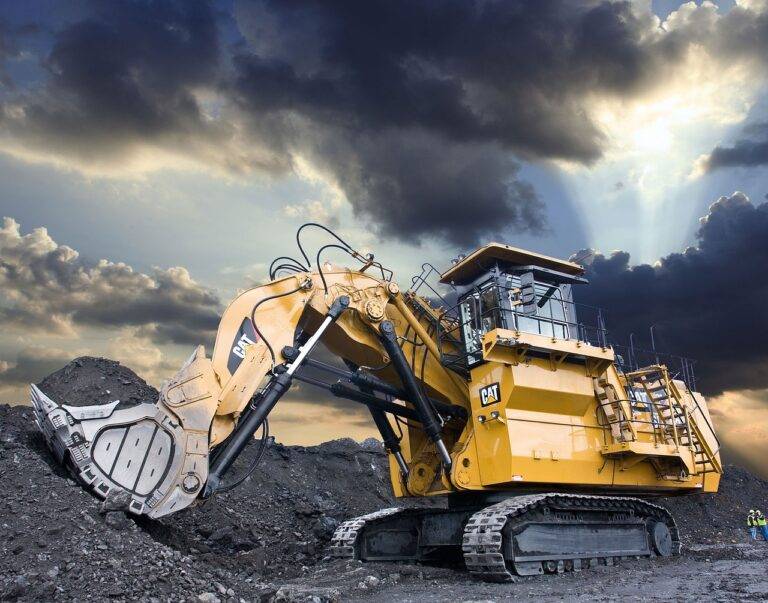The Potential of Blockchain in Tracking Sustainable Waste Management
Sustainable waste management is a crucial aspect of maintaining environmental balance. By implementing sustainable practices, we can minimize the impact of waste on our surroundings. This includes reducing waste generation, recycling materials, and utilizing energy-efficient techniques in waste processing.
Embracing sustainable waste management not only benefits the environment but also contributes to the overall well-being of communities. It creates opportunities for recycling industries, promotes resource conservation, and helps in mitigating pollution. As we strive towards a more sustainable future, adopting eco-friendly waste management practices is essential in preserving our planet for future generations.
The Role of Blockchain Technology in Waste Management
Blockchain technology is increasingly being explored as a valuable tool in revolutionizing waste management practices. By utilizing blockchain, the entire lifecycle of waste can be tracked and managed in a transparent and immutable way. This technology offers a decentralized approach to waste management, allowing for real-time tracking of waste streams, ensuring accountability, and promoting sustainability.
One of the key benefits of integrating blockchain technology in waste management is the enhanced transparency it provides. This transparency enables stakeholders to have a clear understanding of the movement of waste from its source to its final destination, fostering trust and accountability throughout the process. Additionally, blockchain’s ability to create tamper-proof records can help in verifying the authenticity of transactions, reducing the risk of fraud and ensuring the proper handling of waste materials.
What is sustainable waste management?
Sustainable waste management refers to the process of reducing, reusing, and recycling waste to minimize its environmental impact and promote long-term sustainability.
How can blockchain technology be used in waste management?
Blockchain technology can be used in waste management to improve transparency, traceability, and accountability in the waste disposal process. It can also help streamline waste tracking and reporting, as well as facilitate transactions between different stakeholders in the waste management ecosystem.
What are some benefits of using blockchain technology in waste management?
Some benefits of using blockchain technology in waste management include increased efficiency, reduced costs, improved data security, enhanced trust among stakeholders, and greater visibility into the waste management process.
How does blockchain technology help in tracking waste materials?
Blockchain technology helps in tracking waste materials by creating a secure, immutable record of each transaction or transfer of waste from one party to another. This allows for real-time tracking of waste materials throughout the entire disposal chain, ensuring transparency and accountability.
Can blockchain technology help in reducing waste generation?
While blockchain technology itself may not directly reduce waste generation, it can help in optimizing waste management processes, promoting recycling and reuse, and incentivizing sustainable practices. By enhancing transparency and traceability, blockchain technology can contribute to a more efficient and sustainable waste management system.





